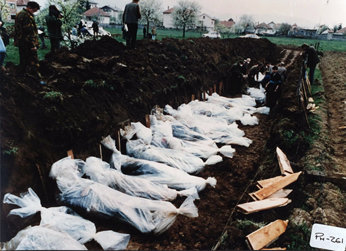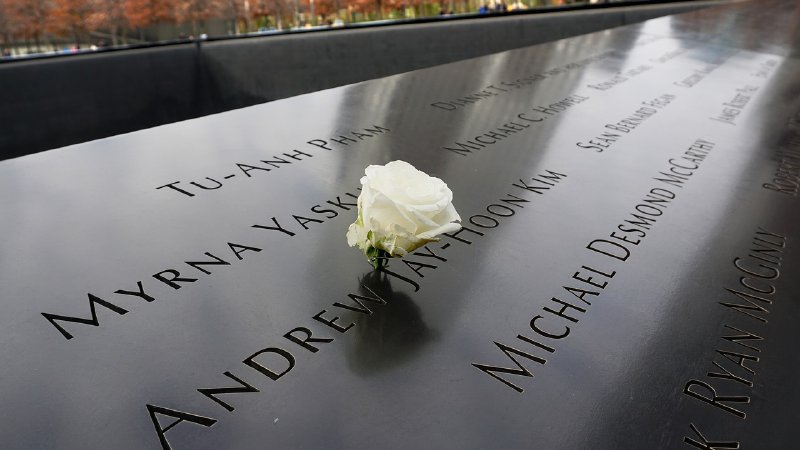
-
HOME
-
WHAT IS STANDOur Mission Our Values Our Help Contact
-
WHAT WE FIGHT FORReligious Freedom Religious Literacy Equality & Human Rights Inclusion & Respect Free Speech Responsible Journalism Corporate Accountability
-
RESOURCESExpert Studies Landmark Decisions White Papers FAQs David Miscavige Religious Freedom Resource Center Freedom of Religion & Human Rights Topic Index Priest-Penitent Privilege Islamophobia
-
HATE MONITORBiased Media Propagandists Hatemongers False Experts Hate Monitor Blog
-
NEWSROOMNews Media Watch Videos Blog
-
TAKE ACTIONCombat Hate & Discrimination Champion Freedom of Religion Demand Accountability
Hang Together or We Shall All Hang Separately
It has become rather fashionable among the media to demonize certain religions through the use of suggestive code words such as “cult,” “extremist” and “fringe”.
Very often what began as a story on misbehavior by individuals who happen to be members of a faction of one group or another morphs into a bigoted rant against the larger group, which had nothing to do with the improper actions of a few of its members. If someone commits a newsworthy crime, i.e., if it bleeds, it leads, and that someone can be linked to a small and thus less powerful religious group, then you can bet that story will mention the religious affiliation of that miscreant.

A small sect or offshoot of a larger religion is particularly susceptible to attack because its much larger and more mainstream parent is unlikely to offer support to what it might consider a defector. Thus, there is little cover for these smaller groups and it is extremely common for them to be summarily categorized as “cults,” a word which immediately identifies a group as mysterious, dangerous and to be shunned. Examples include the various subgroups that have spun off from the Church of Jesus Christ of Latter-day Saints and some of the more fundamentalist Baptist and Pentecostal churches in the USA.
Merely applying an adjective such as “extremist” or “fringe” is enough to cast a cloud of suspicion and to remove any objectivity in the reader’s assessment of a story regarding such a group. It is difficult to find a news story about a small Christian sect that does not include such modifiers.
We find that religion in general is under increased attack by the media, but mainstream religion still enjoys a certain level of protection not extended to others.

When Christian Bosnian troops terrorized Muslim minority groups during the Balkan wars of the 1990’s, they were characterized variously as renegades, mercenaries, etc. of no particular ethnic group. Rarely were they described as “Roman Catholics” or “Eastern Orthodox.” Their religion was irrelevant and mention of it was considered unfairly damaging to the reputation of their religions. But when Bosnian Muslim troops were accused of similar acts, they were almost invariably identified as Muslims. This engendered even more hatred against them and justified further war crimes as revenge. Apparently, it was fair game to criticize all Muslims for the actions of a few but unacceptable to criticize Catholics or Orthodox Christians in a similar manner. It was considered appropriate to cast aspersions on all the members of one religion, but unfair to do so with members of a “more favored” group.
Smaller groups are more vulnerable to attack by anti-religionists and, indeed, they bear the brunt of most attacks.
David Koresh and his followers were mercilessly pilloried by the press and ultimately paid a very high price for being “different.” Unsubstantiated charges of sexual misconduct, firearm caches and other wild claims—catalyzed by anti-religious fanatics—were all that was needed for armed forces to be arrayed against them. This would never have been done to a larger and more established religious group. Thousands of sexual abuse cases against Catholic priests, some of which have been substantiated, have not led to a single armed militarized raid or standoff.
Smaller groups are more vulnerable to attack by anti-religionists and, indeed, they bear the brunt of most attacks.
People of all faiths need to recognize that an attack against the religious freedom of one is an attack against all. We need to defend religious freedom for all religions, even those that have been made “unpopular,” lest one day we find ourselves the target. As one of our Founding Fathers put it “We must all hang together or we shall all hang separately!”









